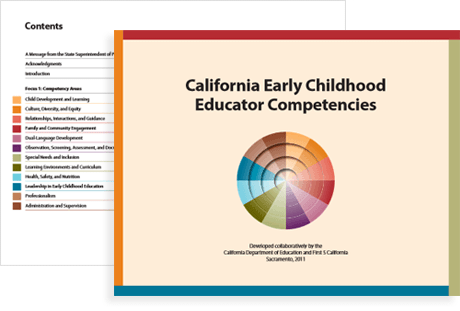We each bring our experiences, perspectives, and worldview to our work – the good, the bad, and all of the in-between. These are what make us who we are and influence our practice with children, families, and colleagues. We also hold in our minds a picture of our ideal selves. Knowing more about yourself can pave the way to becoming the person and the early educator that more closely matches your ideal self. This first Key to Reflection and Inquiry can help you become more self-aware and intentional in examining who you are now and who you want to become.

"…in a widely used vocabulary test, the administrator says a word, shows a child a set of four pictures, and asks the child to point to the one that best represents the word."
"There are many problems with this approach. The first is that young children's development is extremely labile; it is in a constant state of change. Until third grade, children's skills — and their ability to demonstrate those skills — change rapidly. No one-time administration of a standardized test can adequately capture this change and evolution. Second, these tests rarely reflect the lessons and skills children are really learning in preschool and kindergarten. They don't address physical growth and motor skills, social-emotional development, the arts, appreciation for reading, early writing and math skills, and more. They tell us nothing about a child's problem-solving process or preferred method of learning. They ignore vast differences in culture and previous opportunities for learning that shape the context in which the child experiences the test."
— Excerpt from an article by Samuel J. Meisels, Ed.D
Describe your program's assessment and documentation process.
Use this template to record your observations, thoughts, and feelings. Download the Template
Deepen your understanding of the Topic: Assessment instruments and strategies, and the Topic: Modes of documentation in the CA ECE Competencies. Scroll to pages 55 and 56.
Can you find other places in this competency area that address these questions?
